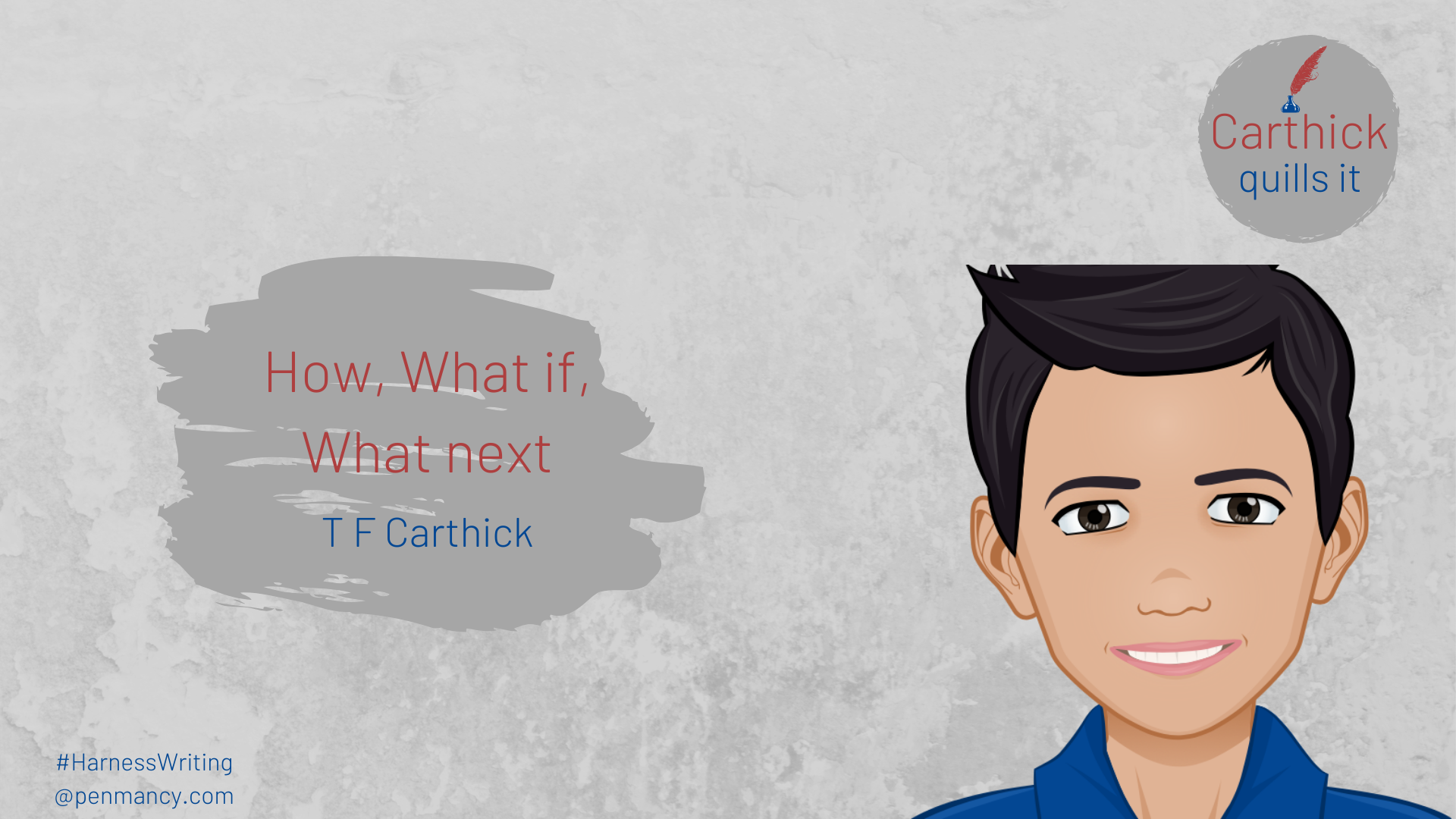
Have you wondered why a lot of stories end with lovers meeting, marriages, victories and deaths? It is because stories have to start somewhere and stop somewhere, and these are logical points to stop the story. However, if a reader gets sufficiently invested in the events and characters of the story, they will have a curiosity to know how things came to be in a certain state at the beginning of a story and what happened afterwards. Nowadays the original writers themselves milk this curiosity to produce more and more books as long as the readers have an appetite. Take Harry Potter for instance. So much fanfiction has been written about James, Lily, Sirius and Severus in Hogwarts and we had the cursed child about Harry’s life as an adult. In the case of old classics, the authors are long dead and gone. And the mantle falls upon new authors like us. A lot of popular stores have a before and after story written or made into a story. Take Peter Pan for instance. There is a movie called Pan about how Peter Pan originally came to Neverland. There is a movie called Return of the Hook that shows Peter Pan finally deciding to leave Neverland and settle down in the real world. We have a Wizard of OZ origins story, we have X-Men origins story, the back story of Batman – the list is endless. And in TV series, we have a junior Sheldon, showing the life of Sheldon Cooper from Big Bang theory as a kid. So how do I go about writing backstories and extension stories? The first thing is the selection of the story. For me, this is easy as I don’t go looking for a story. Some stories just stir up my curiosity about either the past, the future or both. So, if somebody has already written and it has good reviews, I pick it up and read it. If they haven’t, I decide to write it myself. It almost feels like the story asking to be written. For instance, I was really curious how things must have been when Hogwarts was being founded and how the interactions between Ravenclaw, Hufflepuff, Slytherin and Gryffindor must have been. Most fan fiction does not take up the story from so long back. So, decided to take it up and write it myself. The next critical thing is to have an in-depth understanding of the original story. That is usually a given if the first is true. You will typically want to pick up a story you loved a lot and if you loved a story a lot, you would be well versed in the details. For the back story, one must pick up the elements that arouse curiosity and build the stories around it. For instance, why was Slytherin obsessed about pureblood? How did people of such contrasting characters like the founders come together and found Hogwarts? How did creatures like dementors come to be? From here it is like any other story. Just the ending is pre-decided. That way it makes life a bit easier. You won’t get lost as to what to do with the story. The obvious question is the reader knows how the book ends, wouldn’t it be a spoiler? Not necessarily. To see my point, check out books by Keigo Higashino. In many of his books, you would know who the murderer by the second chapter is. The whole fun is in understanding how the crime was committed and the motives. That is how I approach backstories. For future stories, we should think where things will go from where the original story ended. For instance, someone wrote a married life story of the characters from pride and prejudice. These are like fresh stories with characters and settings pre-built and given to you. You can take it wherever you want. For instance, I was trying to write the story of Enid Blyton’s Five Find-Outers as a grown-up. Now expected story would be Fatty as a successful detective solving cases and Goon a retired old curmudgeon. But we know in life, shit happens. People don’t live up to the promise they show as children. What if he has become a failure and ends up living the life of a wastrel and drunkard. What if his nemesis Goon, an older and wiser Goon is the one helping him on his return to normalcy? And they form a team to solve cases. Hope you get the drift. Now let us move on to another genre of retelling – what I call ‘What if’. As Robert Frost writes in his poem ‘Road not taken’. Two roads diverged in a yellow wood, And sorry I could not travel both And be one traveller, long I stood And looked down one as far as I could To where it bent in the undergrowth; Don’t we often? Think what would have happened if we had taken a different decision or things had turned out differently. In real life, we can’t do anything about the road not taken. But in stories, we can explore how the story would have turned out along the other road as well. Taking the Harry Potter example again, an author “Eliezer Yudkowsky” has written a book ‘Harry Potter and the Methods of Rationality’, exploring a storyline of Harry having been brought up by nurturing foster parents with aunt Petunia’s husband a scientist who takes Harry under his wing. So, a different Harry lands up in Hogwarts. A Harry who chooses Ravenclaw rather than Gryffindor, one who chooses to befriend Malfoy rather than Ron. Writing all these three types of stories can be a highly rewarding experience for both readers and writers for exploring causalities that are applicable to our real world in a test environment. Next week let us look at some of the other types of retelling. _____ _____
